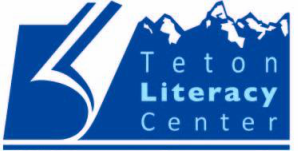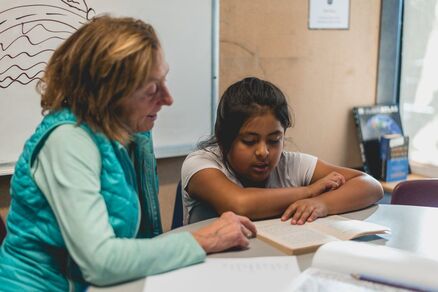Reading Fluency
Fluency is defined by the International Literacy Association as reasonably accurate reading, at an appropriate rate, with suitable expression, that leads to accurate and deep comprehension and motivation to read. Reading fluently does not mean reading fast. In many cases non-fluent reading leads to reluctant reading. The overall goal of reading is that what we read makes sense! Look over the information below to uncover more about reading fluency and some strategies to incorporate it into your lesson
Developing Fluency Requires Opportunities For:
Strategies to Build FluencyEcho reading is a rereading strategy designed to help students develop expressive, fluent reading as well as used for print knowledge. In echo reading, the teacher reads a short segment of text, sometimes a sentence or short paragraph, and the student echo it back. Echo Reading is great to use if you are working with your child on their fluency. Make sure to be extra expressive and pause at punctuation.
Paired Reading is great to use if your are building reading stamina and working on longer texts. Create your own signal for your family. |
|


